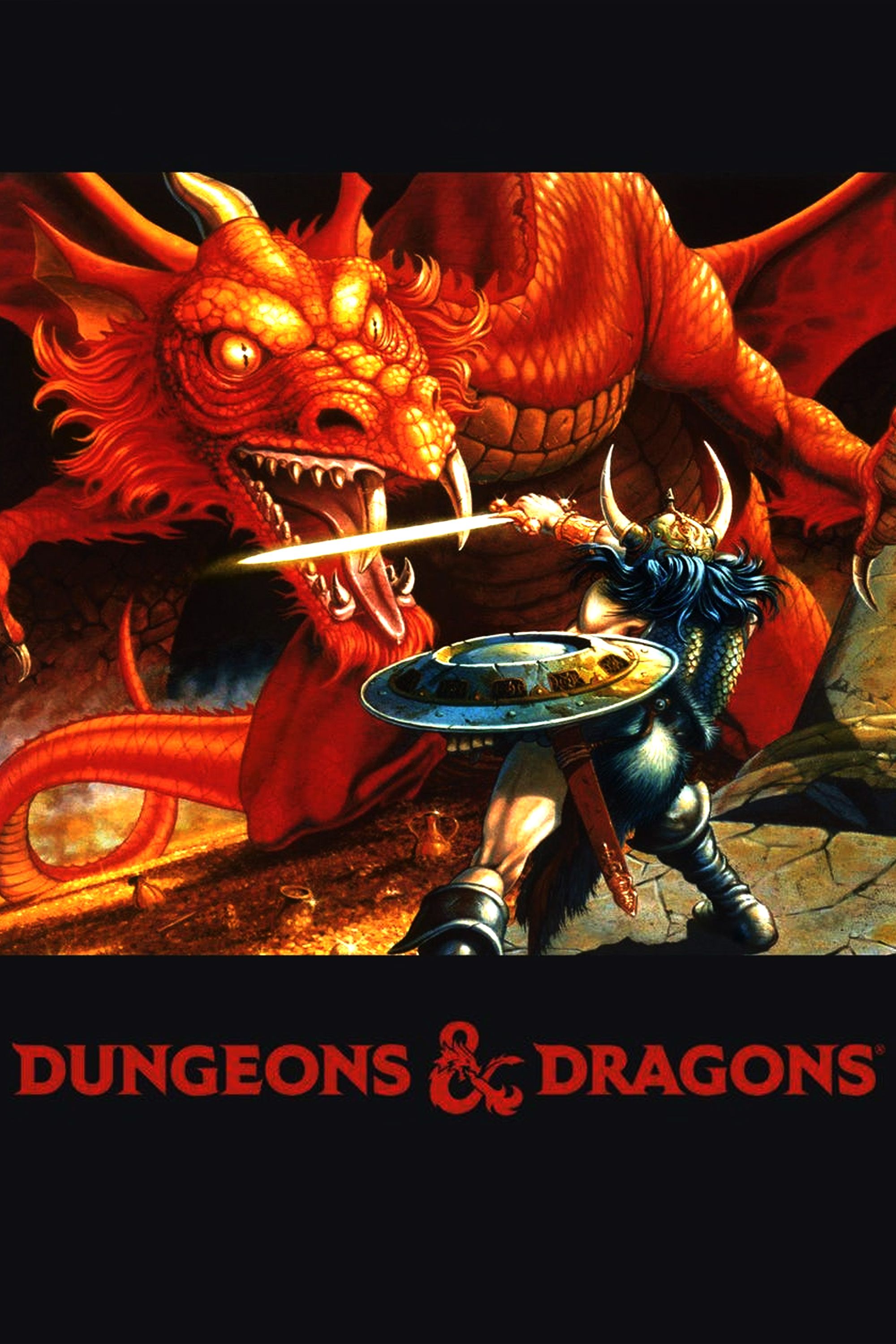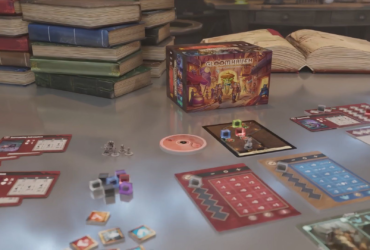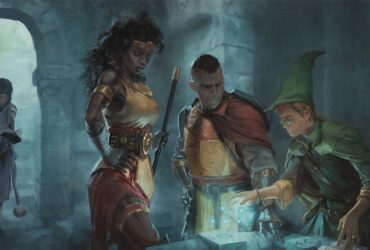Summary
- Trump’s tariffs are set to wipe out decades of growth in the tabletop gaming industry.
- Tabletop producers rely heavily on international supply chains to produce products at a reasonable cost.
- The massive tariff on Chinese imports could be a death sentence for many companies operatng on razor-thin margins.
The thriving tabletop gaming industry is set to be crippled by Donald Trump’s global trade tariffs, wiping out decades of growth in a manner of months. Trump has set substantial tariffs on imports from countries crucial to the supply chain of tabletop games, such as China and Vietnam, erasing the narrow profit margins that existed in the industry.
While the tabletop industry has been enjoying rapid growth due to several factors such as cultural trends, crowdfunding and the increased desire for face-to-face interaction driven by the isolation of the pandemic. However, all of that growth is set to be reversed by the United States’ imposition of protectionist trade policies.
Decades of Growth Undone
Polygon interviewed over 20 organisations involved in the tabletop space, who assured the outlet that the tariffs are worse than the predicted worst-case scenario for tabletop gaming. The industry, which includes board games, trading-card games and role-playing games, relies heavily on overseas production processes, which now face heavy tariffs.
Trump’s administration set an additional 34 per cent tariff on Chinese imports earlier this week, on top of a 20 per cent tariff that was introduced earlier in the year. Tabletop games rely heavily on outsourcing production to China, which is now heavily taxed. Other potential options are facing equally-high tariffs, with Vietnam having had a 46 per cent tariff imposed upon it. The Game Manufacturers Association (GAMA) has described the tariffs as being “dire news” for the tabletop industry.
“Tariffs are essentially taxes on consumers, not on the countries where the products are produced. Publishers will be forced to pass these costs along to their customers or face the prospect of ceasing operations. Nearly a third of all US consumer goods — including clothes, food products, appliances, cars, and entertainment items like games — are imported. This means higher prices across the board as all these products will need to increase their prices to compensate for these new Trump Taxes.” – Game Manufacturers Assocation
The statement concludes by saying that many members of GAMA are going to be forced to downsize to survive, or outright shut down. A statement made by Steve Jackson Games head, Meredith Placko, addressed the question of why publishers don’t move production to the United States.
“I wish we could,” Placko began. “But the infrastructure to support full-scale boardgame production—speciality dice making, die-cutting, custom plastic and wood components—doesn’t meaningfully exist here yet. I’ve gotten quotes. I’ve talked to factories. Even when the willingness is there, the equipment, labour, and timelines simply aren’t.”
Connor Alexander of Coyote & Crow has already forecasted his company’s end, writing “[The tariffs on China] will essentially kill my company… even with the amazingly generous and awesome folks that support Coyote & Crow, we won’t survive this,” on Bluesky.
There is a serious danger to distributors and retailers, as producers may be forced to switch to a direct sales model to keep costs down. With fewer games available on store shelves, it could spell disaster for retailers who rely on this stock to turn a profit.
There’s also the problem facing crowdfunded games, the producers of which have already spent large portions of the money raised but are now faced with rapidly mounting costs. These campaigns will need to be fulfilled, but are now more expensive than forecasted, meaning some manufacturers will be lucky to break even on their projects.
Even if the tariffs were to be reversed, the damage to the market is not immediately repairable, meaning a downturn in tabletop gaming looks all but certain.

- Original Release Date
-
1974
- Player Count
-
2+
- Age Recommendation
-
12+ (though younger can play and enjoy)
- Length per Game
-
From 60 minutes to hours on end.













Leave a Reply